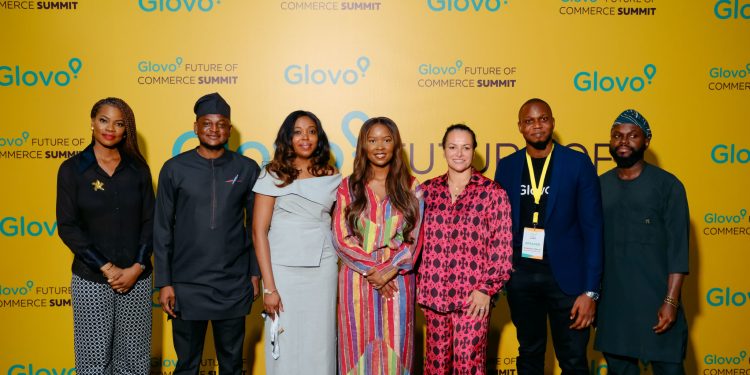Since launching in Nigeria in 2021, Glovo has helped over 6,000 local vendors generate ₦71 billion ($42 million) in revenue. The company revealed this at its Future of Commerce 2025 summit in Lagos.
Nigerian vendors make up 13% of the 45,000 African businesses on Glovo’s platform. Since entering Africa in 2018, the company has invested €200 million and operates in 75 cities across six countries—including Kenya, Morocco, and Côte d’Ivoire.
In Nigeria, Glovo runs in 11 cities, with Lagos leading the charge. Its 2,400 riders earn two to three times the national minimum wage of ₦70,000. At the event, Glovo recognized an Abuja rider who has completed 14,000 deliveries since the platform’s launch.
“We’re fostering a tech-driven, inclusive marketplace that scales Nigerian SMEs through data, logistics, and financial tools,” said Lamide Akinola, Glovo Nigeria’s General Manager.
Despite recent exits from Egypt and Ghana due to profitability issues, Glovo has doubled down on Nigeria. Its quick-commerce business which is selling non-food items like electronics, beauty, and pharma grew 76% in gross merchandise value in 2024. Now, one in five Glovo users buys more than just food.
Cash payments are also down. In 2021, 88% of orders were paid in cash. Today, that number has dropped to 39%, reflecting Nigeria’s push toward a cashless economy. Unlike some competitors like Chowdeck and FoodCourt, Glovo still accepts cash which is likely a move to build user trust.
Glovo also launched its Yellow Effect Report at the summit. The report states the platform enabled €1 billion in economic value for 45,000 African businesses—90% of them small and medium enterprises—between 2020 and 2024.
The summit featured panel talks with big names like Chicken Republic, Burger King, and Moniepoint, discussing SME financing. Vendors like 500Chow, Toasties, and FireWood Jollof shared how Glovo has helped solve one of their biggest challenges: reliable delivery.





















































